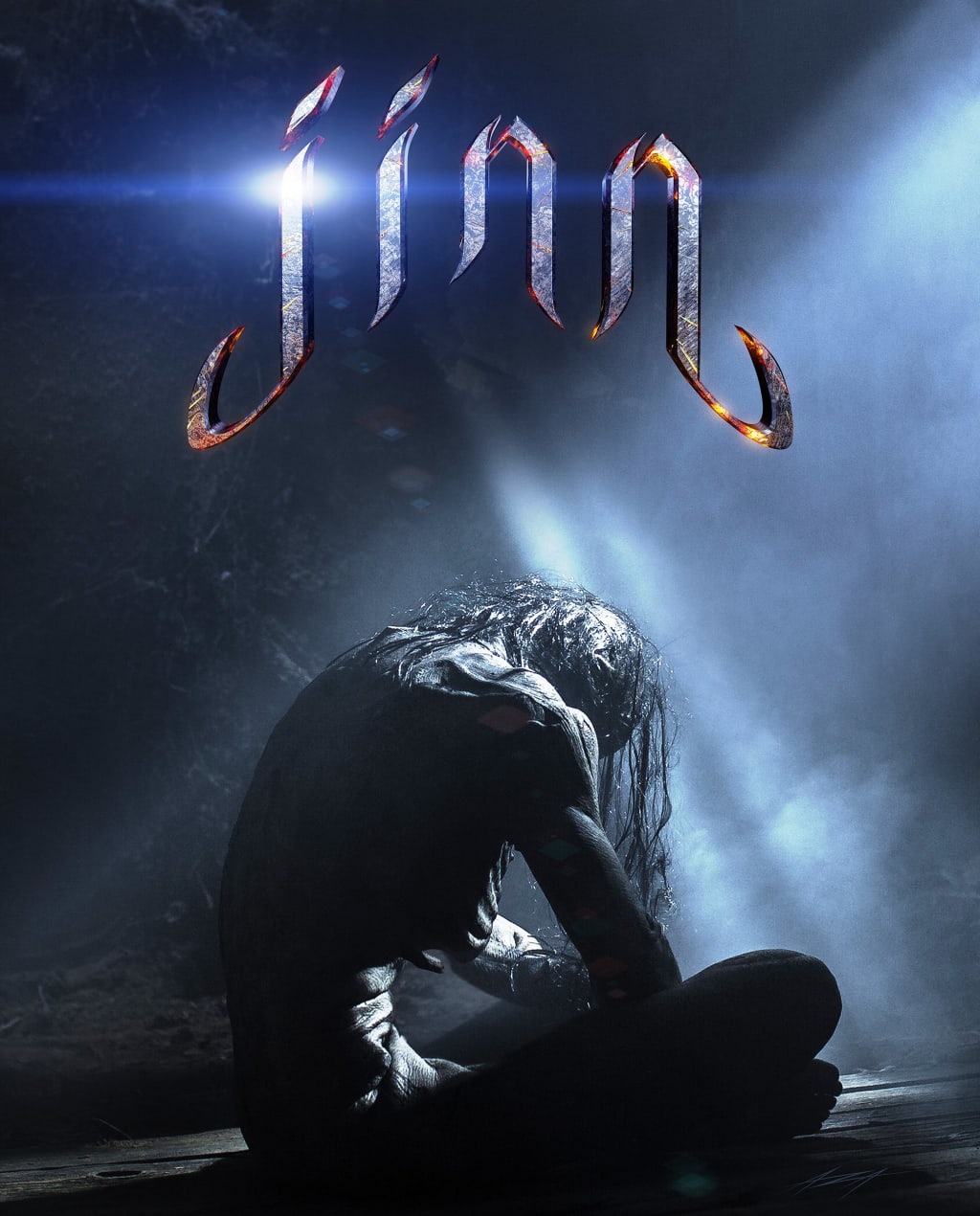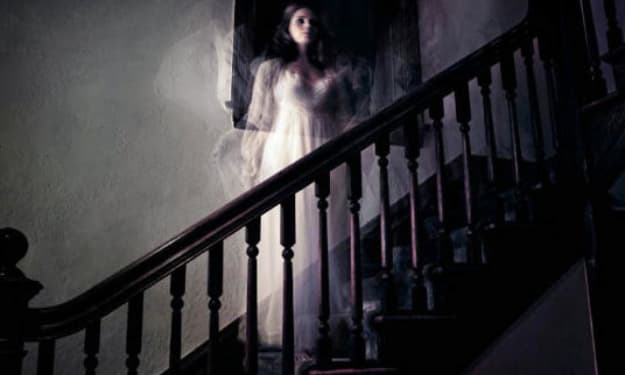
Jinn, also known as genies, are supernatural beings in Islamic mythology and Middle Eastern folklore. According to Islamic tradition, jinn were created by Allah from smokeless flame and are capable of possessing free will, just like humans. They are said to be invisible to the naked eye and can take on various shapes and forms, including that of animals, humans, and even objects.
Jinn are believed to live in a parallel world to our own, and some people believe that they can interact with humans. There are many stories of jinn appearing to people and granting them wishes, but there are also many cautionary tales about the dangers of making deals with jinn. In some traditions, jinn are said to be mischievous and enjoy playing tricks on humans .
In Islamic tradition, jinn are mentioned in the Qur'an and are considered to be part of the unseen world, along with angels and demons. They are often portrayed as beings with supernatural powers and abilities, and are said to be capable of influencing human thoughts and emotions.
While jinn are primarily associated with Islamic tradition, belief in these supernatural beings is also common in other cultures throughout the Middle East and North Africa. In many cases, jinn are seen as a kind of intermediary between humans and the divine, and are believed to have the power to bring blessings or curses depending on how they are treated.
Overall, jinn are a fascinating and complex part of Middle Eastern folklore and mythology. Whether seen as benevolent or malevolent, these supernatural beings continue to capture the imagination and inspire storytellers and artists around the world.
Jinn, also spelled Djinn or Genie, are supernatural beings in Islamic mythology and Middle Eastern folklore. According to Islamic theology, Jinn are created from smokeless flame and possess free will, like humans. They are invisible to humans, but can sometimes be seen as shapes or shadows.
Jinn are often depicted as mischievous or malevolent creatures, but they can also be benevolent and helpful. In Middle Eastern folklore, it is believed that rubbing a magic lamp or bottle can summon a Jinn, who will then grant wishes to the person who summoned them. However, this is a fictional portrayal and not an accurate representation of Jinn in Islamic mythology.
In Islamic theology, Jinn are considered a separate creation from humans, and are not to be worshipped or feared. They are believed to be able to influence human actions, but only with God's permission. According to the Quran, some Jinn are believers in Islam and some are not, and they will be judged on the Day of Judgment just like humans.
Jinn have been the subject of many stories and legends throughout the centuries, and continue to be a popular topic in literature and media today. However, it is important to remember that these are fictional portrayals and not an accurate representation of Jinn in Islamic theology.
Islamic beliefs
In scripture
The 72nd chapter of the Qur'an entitled Al-Jinn (The Jinn), as well as the heading and introductory bismillah of the next chapter entitled al-Muzzammil (The Enshrouded One)
Jinn are mentioned approximately 29 times in the Quran. In Islamic tradition, Muhammad was sent as a prophet to both human and jinn communities, and that prophets and messengers were sent to both communities.Traditionally, the 72nd surah, Al-Jinn, named after them, is held to tell about the revelation to jinn and several stories mention one of Muhammad's followers accompanied him, witnessing the revelation to the jinn.
The Quran condemns pre-Islamic practise of worshipping jinn for means of protection. The Quran reduced the status of jinn from that of tutelary deities to that of minor spirits, usually paralleling humans. They are, like humans, rational beings formed of nations . Surah resumes that both jinn and humans were created to worship God. Surah states that God has sent messengers to both humans and jinn. Individuals among both communities are held accountable for their deeds, and will be punished or rewarded in the afterlife, in accordance with their deeds . It is impossible for both jinn and humans to approach God both physically and mentally.
Unlike humans, jinn are not vicegerents of the earth. Al-Baqara only credits Adam as a successor (khalifa). However, some exegetes, like Tabari, argue that jinn inherited the world before, and that when angels complain about God creating humans who "will shed blood", they link humans to the jinn who ruled the earth before.
In the story of Solomon, it is implied that the jinn live on the earth alongside humans. Solomon is granted dominion over humans, ants, birds and jinn. The jinn served him as soldiers and builders of the First Temple.
The jinn are also mentioned in collections of canonical hadiths. According to the reports of the hadiths, the jinn eat like humans, but instead of fresh food, they prefer rotten flesh and bones. Another hadith advises to close doors and keep children close at night for the jinn go around and snatch things away. One hadith divides them into three groups, with one type of jinn flying through the air; another that are snakes and dogs; and a third that moves from place to place like human. This account parallels the jinn to humans, similar to the Quran, as another hadith divides humans into three groups, with one kind which is like four-legged beast, who are said to remain ignorant of God's message; a second one which is under the protection of God; and a last one with the body of a human, but the soul of a devil (shaitan).
Thank you
Subscribe for more intresting articles






Comments (2)
Very nice article 💙
Please support ,I'm doing this for my studies